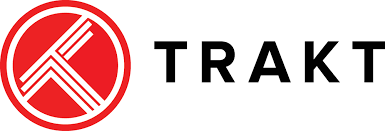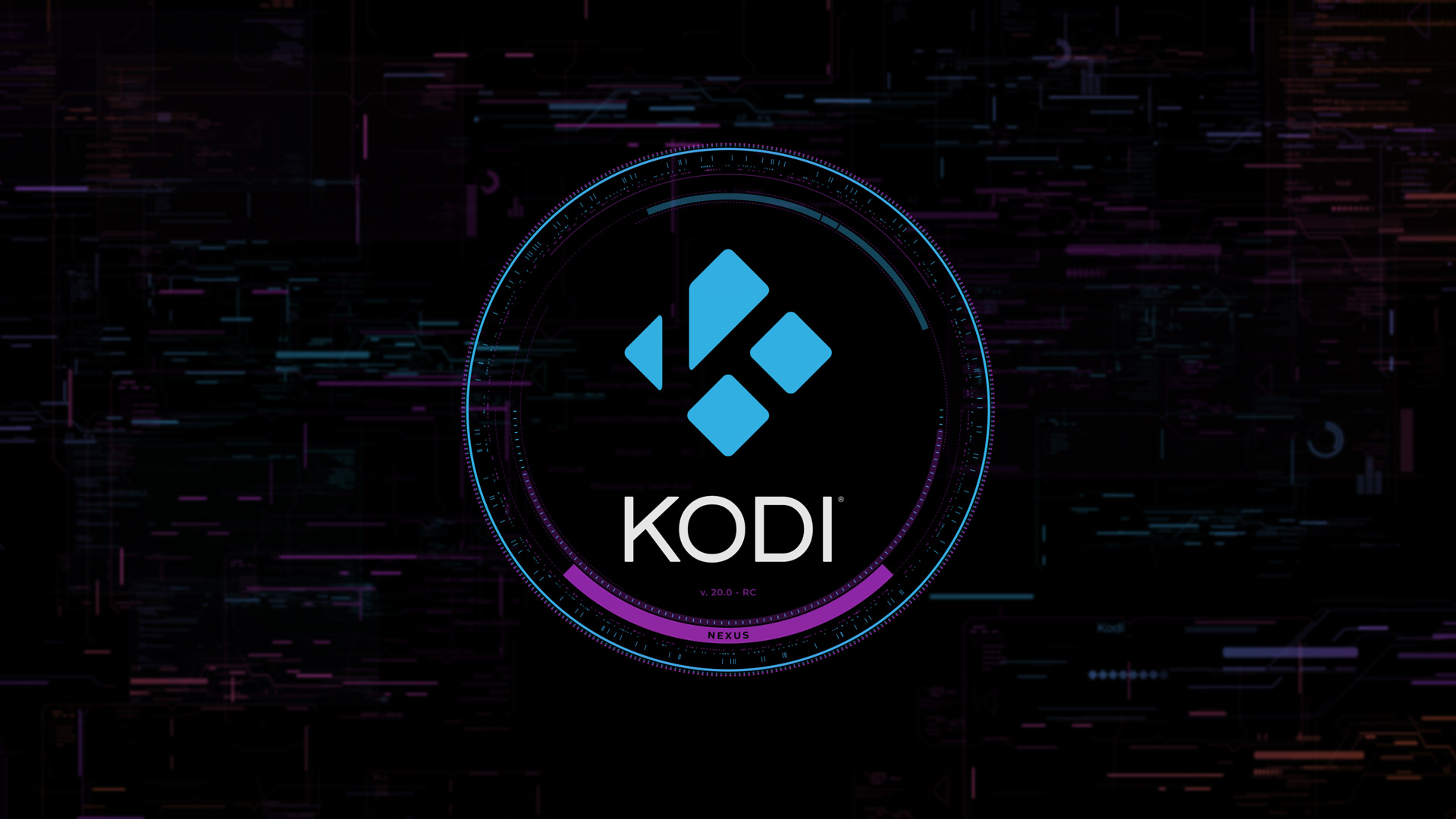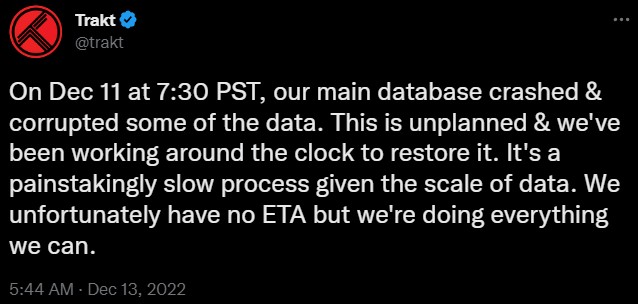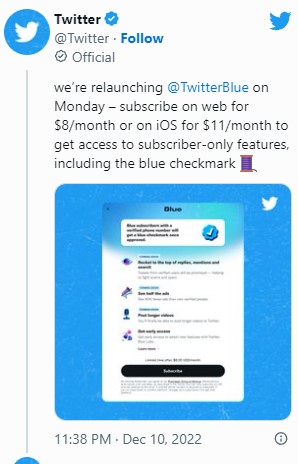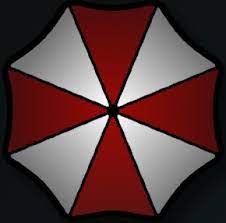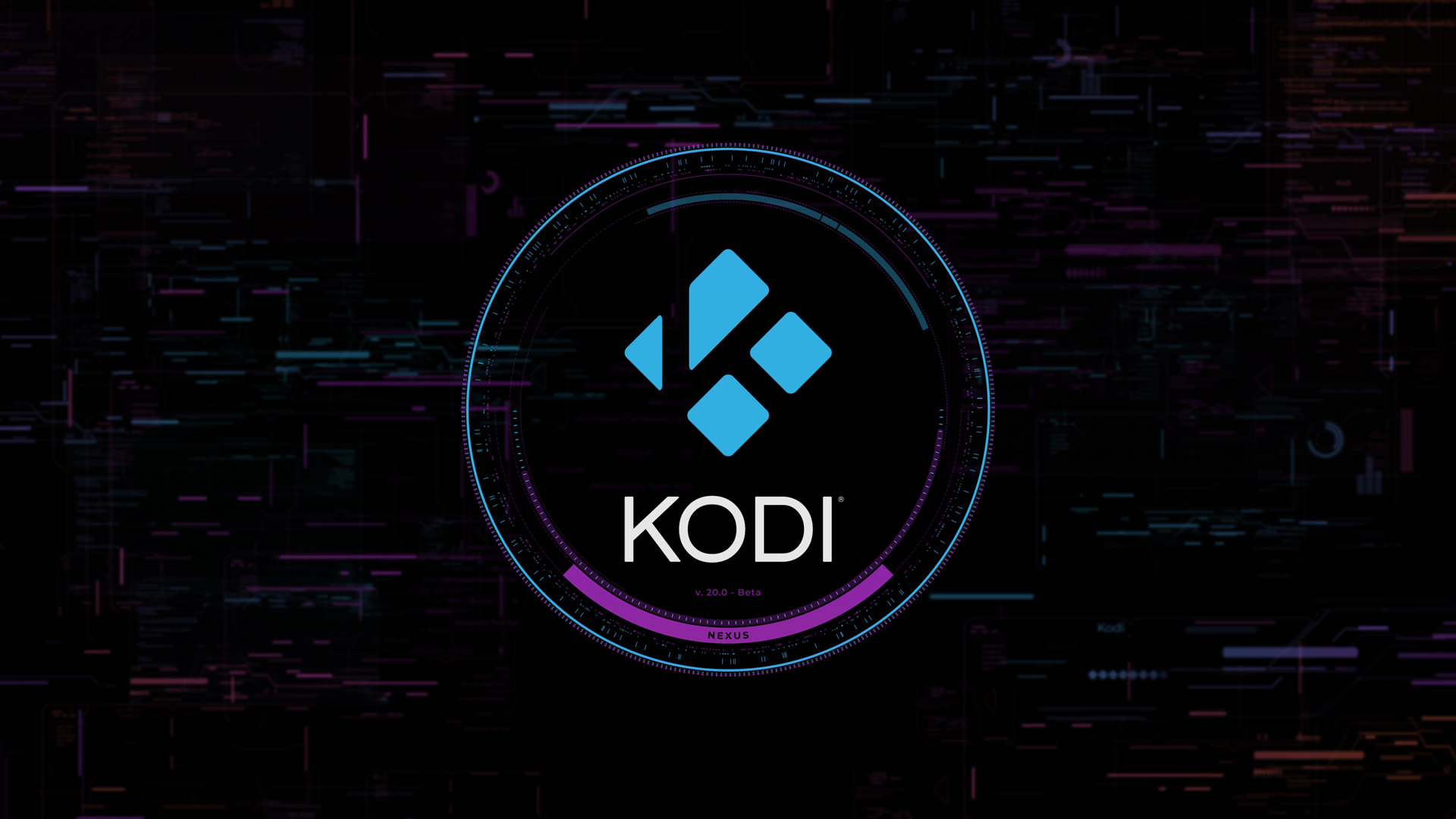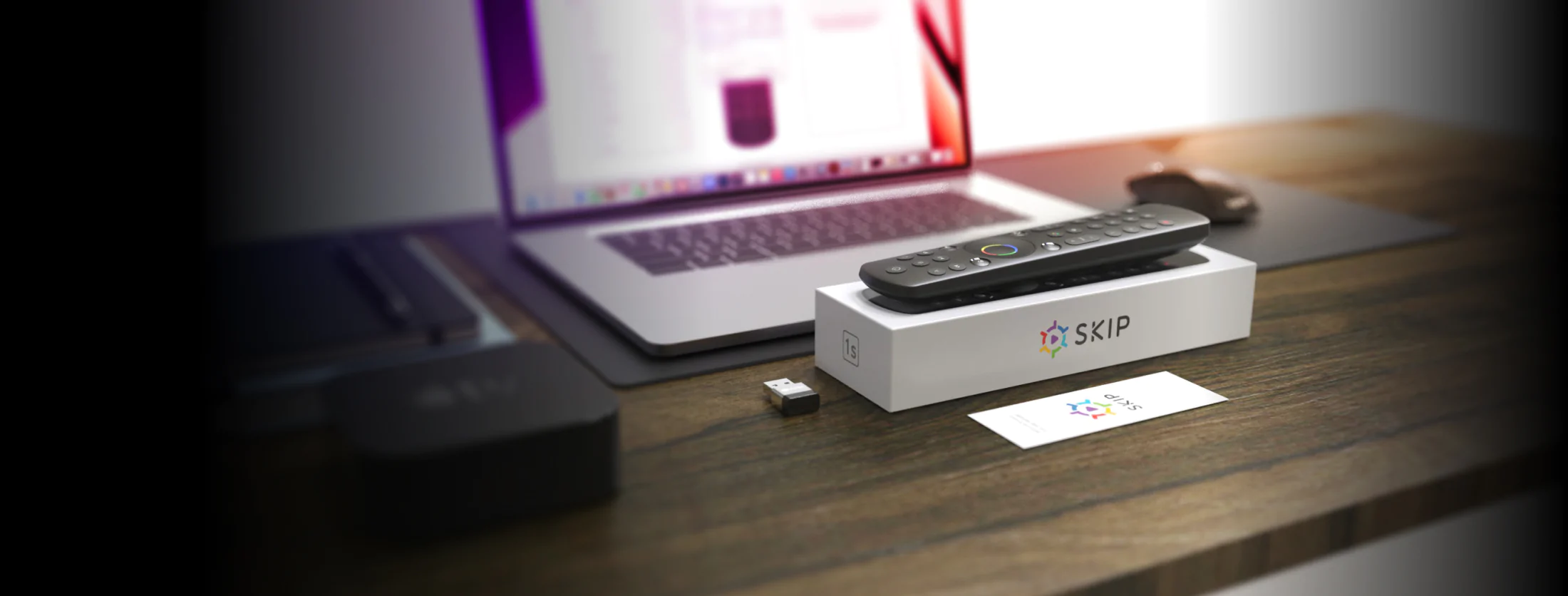Top Automation Testing Tools That Will Simplify Your Software Development Process
The software development process is becoming increasingly complex. Consequently, software testing is essential to the development process. And you must accomplish it with high-quality standards.
Software testing is crucial because it ensures your software’s quality and reliability. But being able to test your software with accuracy and efficiency can be challenging. This is true when dealing with an extensive application containing many features.
Here, automating your software testing process can help you save time and effort. It also ensures the quality of your software.
So, which automation tools are best for testing your software? This article will discuss the most popular automated testing tools and their features.
Top Automation Testing Tools for Software Development
Here are the top automation testing tools you can use to test your software.
Selenium
The first on our list of automated testing tools is Selenium, which is used by many software developers as a popular open-source tool for web testing. It can record and playback actions and run tests in multiple browsers. It can also manage test scripts.
Selenium allows for parallel test execution. This will enable you to run multiple tests, reducing the execution time. It also supports Selenium Grid. This lets you distribute your tests across multiple machines for faster testing.
Appium
Appium is another popular open-source tool for automating mobile app testing. It supports most mobile operating systems, including Android, iOS, and Windows Phone.
Appium allows you to write test scripts in Java or JavaScript and run them on real devices or emulators. This lets testers create tests they can execute locally or remotely without an Internet connection.
Katalon Studio
Developers looking for an all-in-one testing solution should consider Katalon Studio. It provides testers with complete tools for testing web applications and mobile apps. You can record test scripts or manually create them as acceptance criteria.
Katalon Studio offers hassle-free deployment. This allows developers to create and test cases locally or remotely. The tool makes it easy for testers to debug errors and view the results of their test scripts. It also has a built-in analytics dashboard that gives you access to detailed reports.
Cucumber
Cucumber works with a Behavior Driven Development (BDD) approach. This helps to clarify the user experience and avoid errors. The tool also allows you to create acceptance criteria. You can then use them to build automated tests.
Like Selenium, you can execute various frameworks for languages. This includes Java, Ruby, and Python. You can also use Cucumber to build a user interface or update the application’s database.
HPE Unified Functional Testing (UFT)
This software is Cross-platform and cross-browser. UFT is a functional testing solution that supports the latest technologies and protocols. The tool enables you to run automated tests on multiple systems. You can run them on mobile devices, desktop PCs, tablets, and more.
You can also perform regression testing with UFT. This is possible by comparing the results of your current test runs to those from previous ones. This software allows developers and testers to focus on their applications’ functionalities. They don’t have to write low-level code.
WorkSoft
Do you want top-notch Agile and DevOps software testing? Then look no further than WorkSoft. This software automates manual testing tasks. It helps you identify defects early in development.
The tool features a robust reporting module. This generates detailed reports on your project’s progress and performance. You can also use WorkSoft to measure quality assurance metrics.
IBM Rational Functional Tester (RFT)
IBM’s RFT helps you automate manual test cases and accelerate software development. The tool integrates with IBM Rational Quality Manager (RQM). This provides a comprehensive solution for automated functional testing.
You can also use RFT to create reusable test scripts. This will be usable across multiple platforms. It has a storyboard testing feature. This allows you to create test cases by dragging and dropping objects onto a canvas. The tool also offers an advanced inspector to view application elements’ properties.
Telerik Test Studio
Telerik Test Studio offers a comprehensive set of tools for automated testing. This tool can create automated tests and run them against any application. It supports many browsers, including Internet Explorer, Google Chrome, and Mozilla Firefox.
It also supports various programming languages, including C# and Visual Basic. This tool can create tests that simulate user interactions with your application. You can also run parallel tests against your application. This will help you identify issues faster.
SoapUI
Developed by Smartbear, SoapUI is an open-source testing tool for web services. It provides a platform that allows you to create and manage automated tests. You can use this tool to test SOAP-based web services or RESTful APIs. It supports various programming languages, including Java and C#.
This tool does not support web and mobile apps but provides a platform for you to write tests. You can use SoapUI to create unit tests, functional end-to-end, and load tests for web services.
Conclusion
Automation testing is a great way to improve the quality of your software. It helps you quickly detect bugs and other issues, saving time and money. If you don’t have an automated testing tool, investing in one is a good idea.
